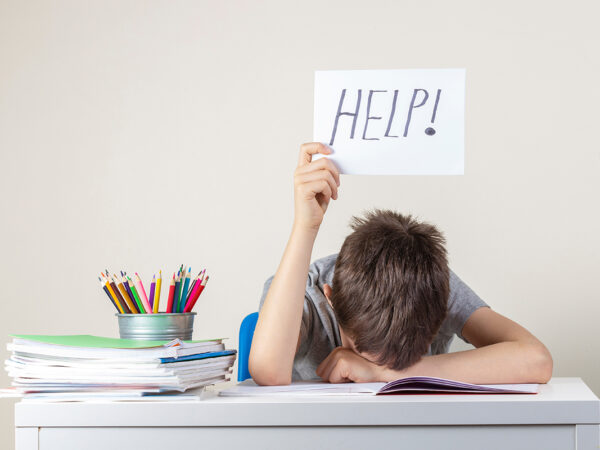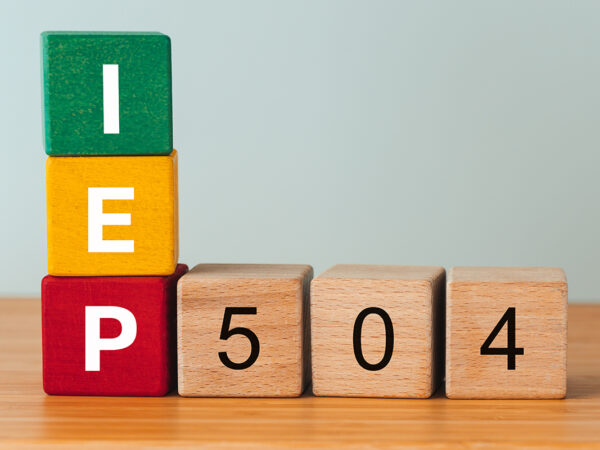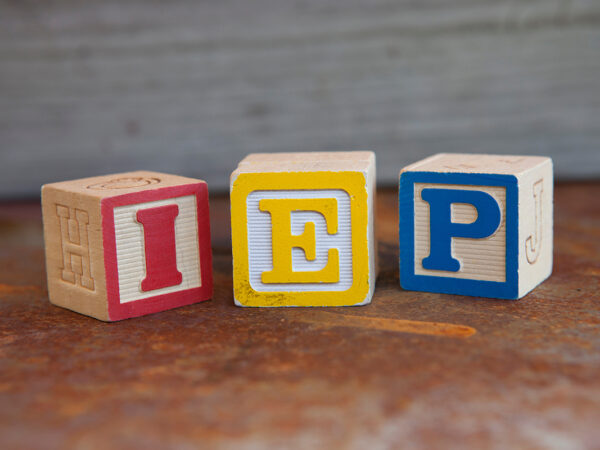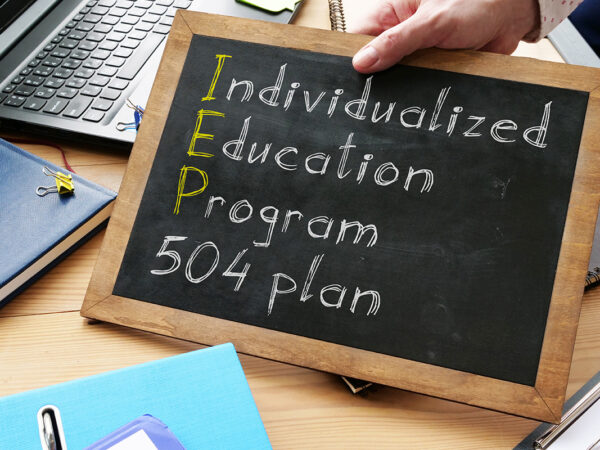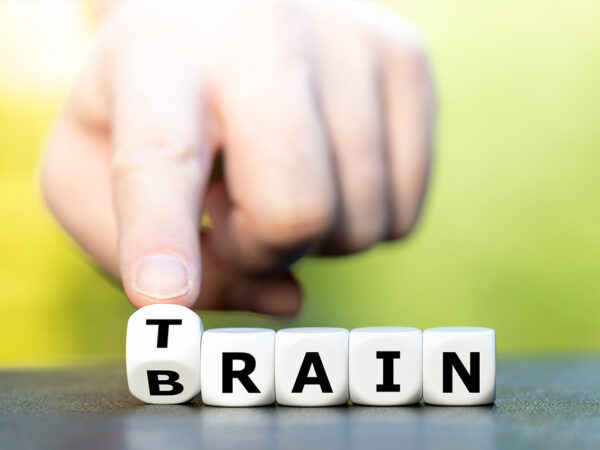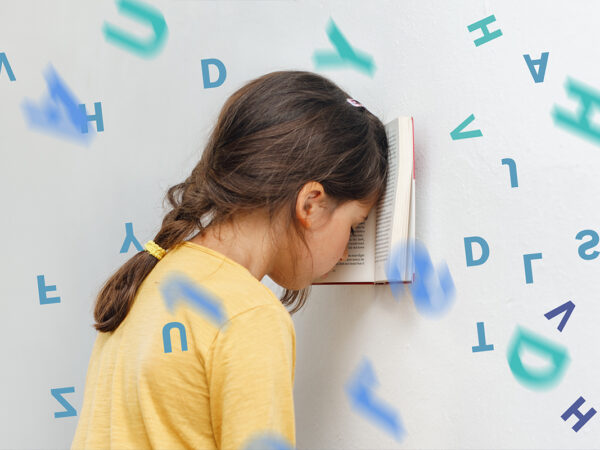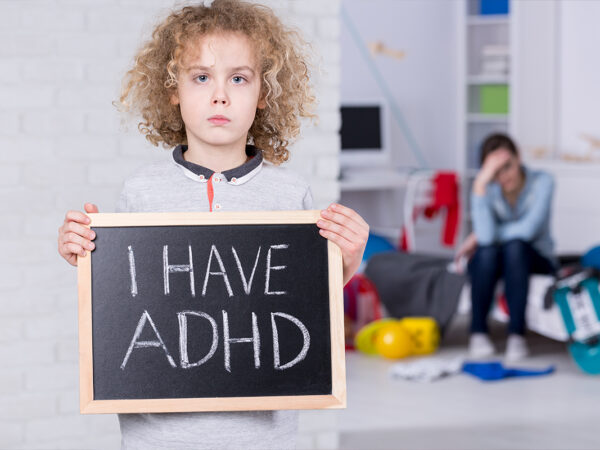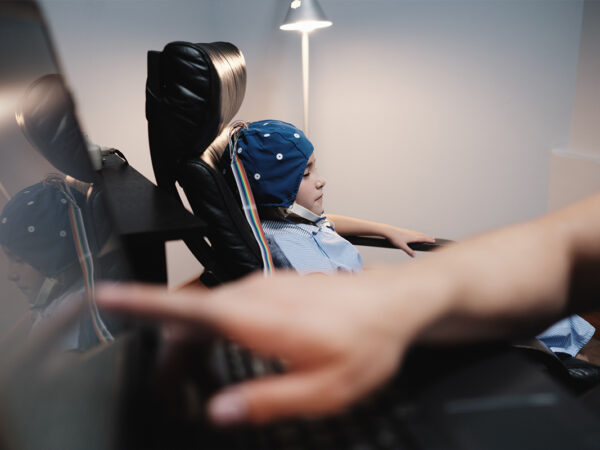Learning Disabilities
Types of Learning Disabilities:
- Dyslexia: Dyslexia affects reading and related language-based processing skills. It can lead to difficulties with reading fluency, decoding, comprehension, and recall.
- Dysgraphia: Dysgraphia impacts writing abilities. It can manifest as difficulties with spelling, poor handwriting, and trouble putting thoughts on paper.
- Dyscalculia: Dyscalculia affects a person’s ability to understand numbers and learn math facts. It can cause difficulties with number sense, memorization of arithmetic facts, and accurate or fluent calculation.
Criteria for Diagnosing Learning Disabilities:
- Significant Discrepancy: A notable difference between overall cognitive ability and academic achievement. This discrepancy is typically measured through intelligence tests and academic performance assessments. An individual may have the cognitive ability to succeed academically but shows lower-than-expected achievement in specific areas such as spelling, math, or reading.
- Processing Deficit: A deficit in the ability to process information, which affects learning. This can involve difficulties with visual memory, auditory processing, or other cognitive functions. Someone with weak visual memory may struggle to remember what they see, while another person with auditory processing issues may find it hard to distinguish similar sounds like ‘m’ and ‘n’.
- Impact on Academic Performance: The processing deficit must directly contribute to academic underachievement. The difficulty in processing information must negatively affect learning in specific academic areas. Trouble processing similar sounds can lead to difficulties in learning to read using phonics, directly contributing to reading underachievement.
- Exclusion of Other Factors: The underachievement cannot be primarily due to factors other than the processing deficit, such as intellectual disabilities, sensory impairments, or severe psychological disturbances. While a person with learning disabilities may also have other challenges like depression or low self-esteem, these must be secondary to the learning disability itself.
INSIGHTS AND NEWS
Posts About Learning Disabilities
Signs Your Child Needs a Psychoeducational Assessment as a form of Learning Check-in
As parents, we're on a constant quest to support our children and ensure they...
How do Auditory or Visual Processing Disorders Impact Reading Development in Children?
For all children, the acquisition of reading skills plays a crucial role in...
Back-to-School Checklist — Why You Should Consider a Private Tutor
At Cognitive Solutions L.C., we understand the unique challenges that students...
The Impact of a Learning Specialist on a Student with Learning Disabilities
For students with learning disabilities or ADHD, navigating the education system...
IEP Testing With a Private Evaluator — Why Your Child May Benefit More From a Private Evaluation
As parents, we all want the best for our children. When it comes to their...
Getting Proper Support for Children in Special Education — Why is it Challenging?
Parents of children with special education needs face a unique set of challenges...
The Importance of IEP and 504 Plans in Special Education
Individualized Education Plans (IEPs) and 504 Plans are legal documents that are...
Private Clinic vs. Public School: What You Should Know About Psychoeducational Evaluations
Education is critical to the development and optimal health outcomes for...
What’s The Difference Between An IEP And A 504 Plan?
There is a bevy of resources available to students with behavioral and learning...
How Neurofeedback Treats Traumatic Brain Injury, Anxiety, Depression, And More
Imagine if you and your therapist could actually see what your mental illness...
What Makes a Good Psychological Evaluation?
There are many reasons why a person would need a psychological evaluation....
Chicago Dyslexia and Attention Deficit Hyperactivity Disorder
What is it Like to Have Both Dyslexia and Attention Deficit Hyperactivity...
Neurofeedback For Dyslexia
EEG Neurofeedback For Dyslexia Our previous blog discussed adult dyslexia, its...
Treating ADHD Without Medication
ADHD stands for Attention Deficit Hyperactivity Disorder. This disorder is common...
Reap the Benefits of Neurofeedback
FOR IMMEDIATE RELEASE (Chicago, Illinois, 17 January 2012) A Neurofeedback...


